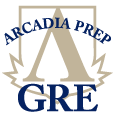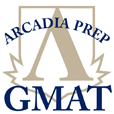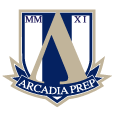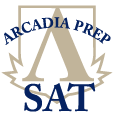In a small town, 16 people own Fords and 11 people own Toyotas. If exactly ... ...
In a small town, 16 people own Fords and 11 people own Toyotas. If exactly 15 people own only one of the two types of cars, how many people own both types of cars?
(A) 2
(B) ...
(C) ...
(D) ...
(E) ...
*This question is included in
Nova Math - Problem Set Z: Counting
Replies to This Thread: 0
|
----
Posted: 02/24/2013 08:54
Can you please explain the difference between this problem and problem 5 of the same set?
Why were they solved in different approaches?

Admin
Replies to This Thread: 0
|
----
Posted: 02/26/2013 20:25
Hi Ramez, the setup for both problems number 10 and number 5 is similar. However, the problems ask different questions, hence they are solved differently, even though the approach is similar, I think. Basically, you need to draw two intersecting sets, and figure out the the expressions for the "Ford only" and "Toyota only", or in the other problem "Physics only" and "English only".
Replies to This Thread: 1
|
----
In a small town, 16 people own Fords and 11 people own Toyotas. If exactly ... ...
Posted: 06/27/2015 20:46
Please explain I ddnt understand the approach.

Admin
Reply 1 of 1
Replies to This Thread: 0
|
----
Posted: 06/27/2015 23:02
Hi Munir,
We can also solve the problem working backward from the solutions.
Start with choice (A). If only 2 people own both types of cars, then 14 (= 16 - 2) own only a Ford and 9 (= 11 - 2) own only a Toyota. Hence, exactly 23 (= 14 + 9) own only one type of car, but we are told that exactly 15 (not 23) own only one type of car. This eliminates choice (A).
Now, turn to choice (B). If only 6 people own both types of cars, then 10 (= 16 - 6) own only a Ford and 5 (= 11 - 6) own only a Toyota. Hence, exactly 15 (= 10 + 5) own only one type of car, and we are told that exactly 15 own only one type of car. So, the answer is (B).










